Your cart is currently empty!
Tag: PestControl
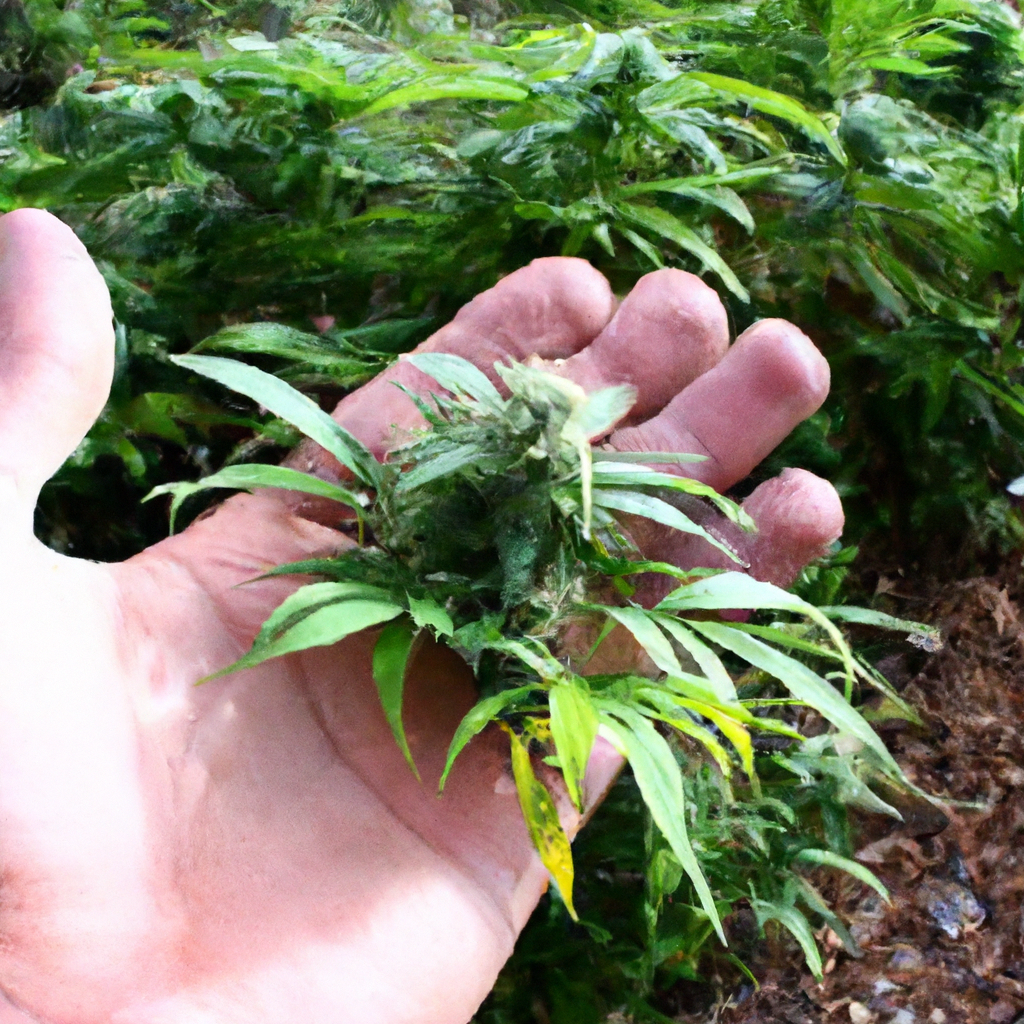
Organic cannabis cultivation prioritizes sustainability and health by using natural fertilizers, compost, and pest control methods. This approach fosters a balanced ecosystem among plants, soil, and beneficial organisms, leading to high-quality cannabis and a positive environmental impact. Key practices include building healthy soil with organic matter and beneficial microbes, utilizing natural fertilizers like compost tea…
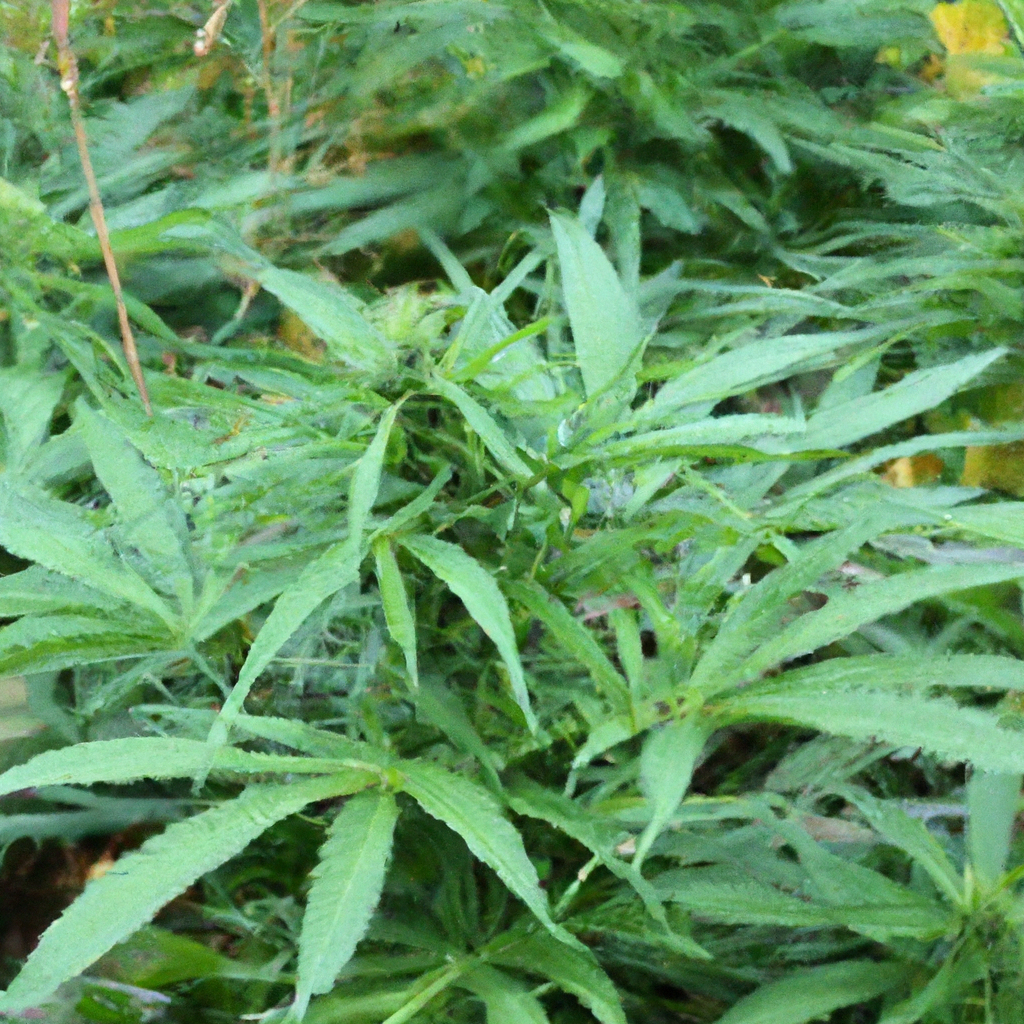
Organic cannabis cultivation provides a sustainable approach to growing by emphasizing natural methods that enhance soil health and manage pests, while promoting a healthier ecosystem. Techniques such as composting, using cover crops, and applying organic mulch can enrich the soil, while natural fertilizers like worm castings and fish emulsion support plant growth. Sustainable pest control…
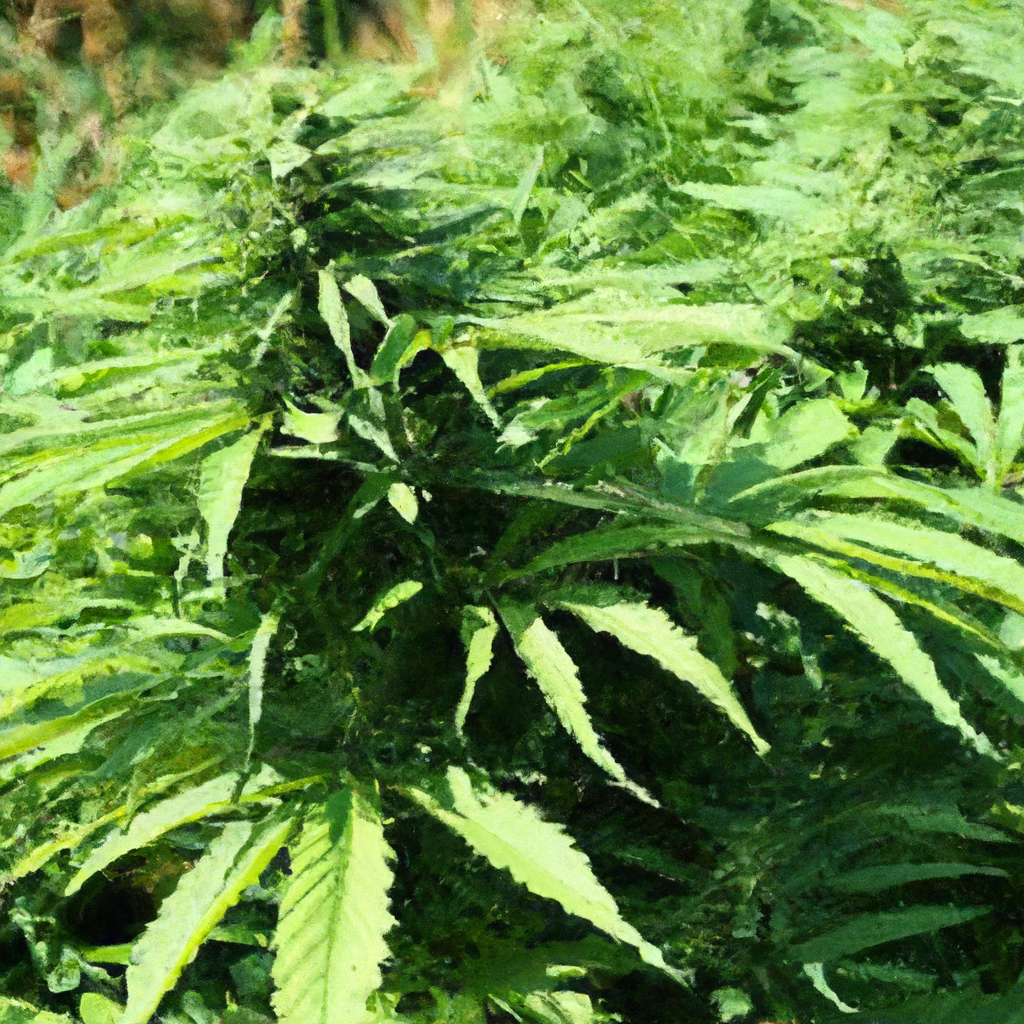
Organic cannabis cultivation is increasingly popular due to its environmental and health benefits. This guide explores sustainable practices for high-quality cannabis production, emphasizing the importance of building healthy soil ecosystems through composting, cover cropping, and natural soil amendments. Organic growing relies on natural fertilizers, such as fish emulsion and worm castings, to provide essential nutrients…
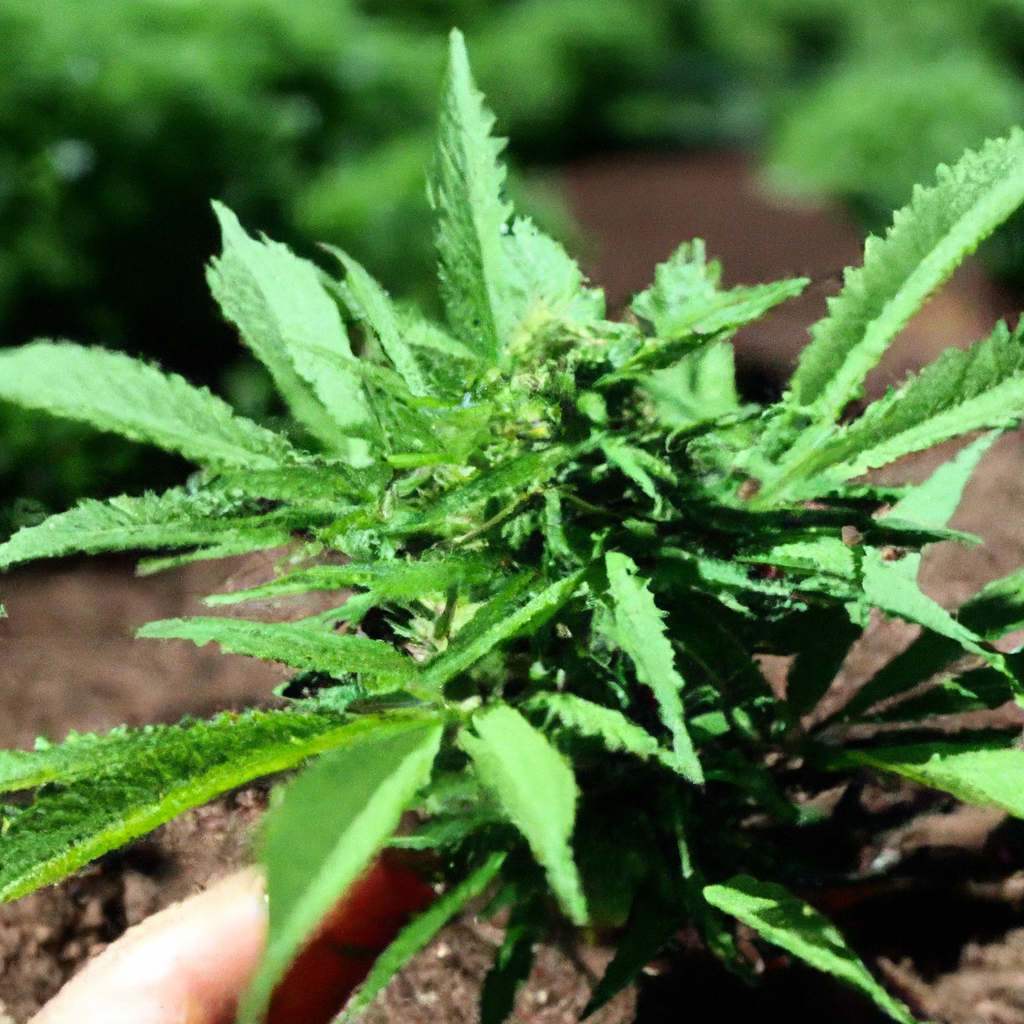
Organic cannabis cultivation focuses on sustainable practices that enhance soil health and produce cleaner products for consumers. Techniques such as composting, cover cropping, and introducing beneficial microbes help create a thriving soil ecosystem. Growers avoid synthetic chemicals by using natural fertilizers like bone meal and fish emulsion, and control pests with neem oil and companion…
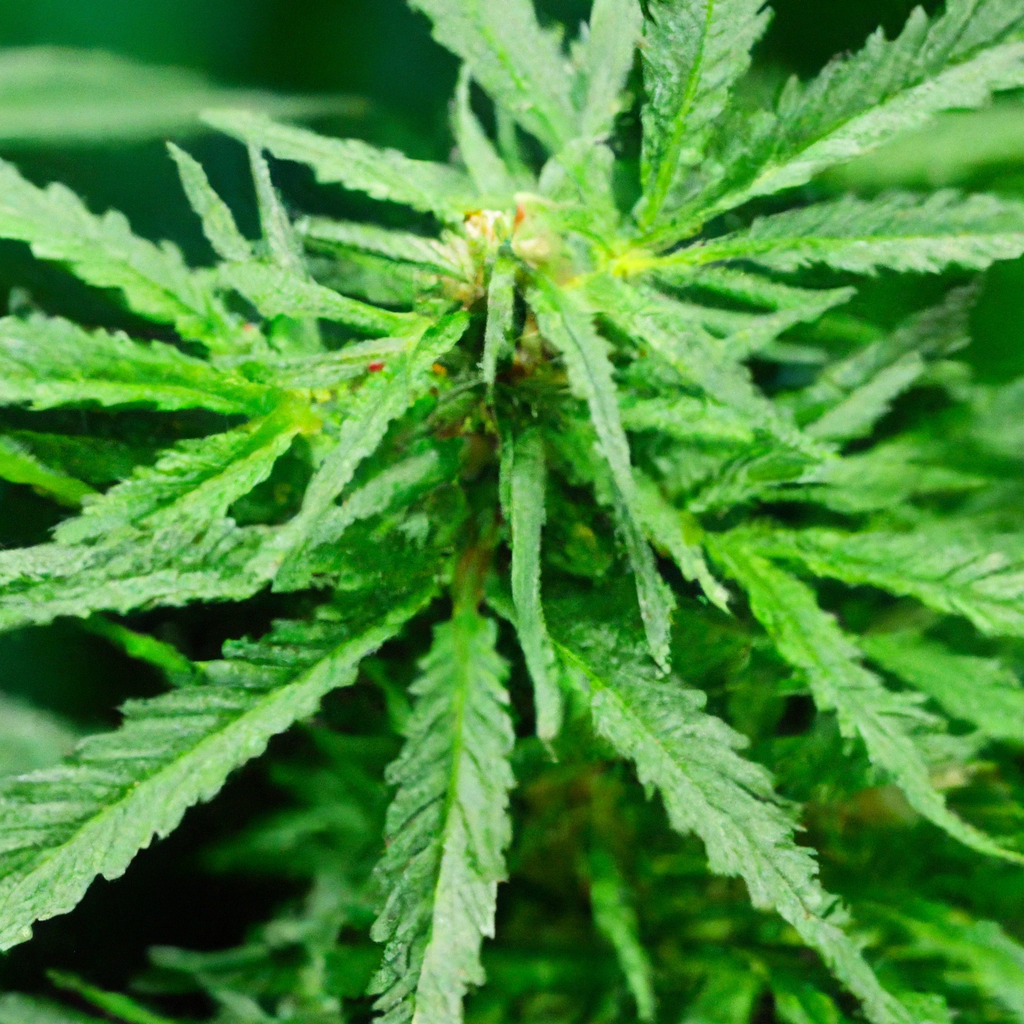
In an age where sustainability is crucial, organic cannabis cultivation emerges as an environmentally friendly approach that enhances product quality and safety. This guide explores best practices, such as using natural fertilizers like worm castings and kelp meal, and eco-friendly pest control methods including companion planting and neem oil. Emphasizing soil health through compost enrichment…
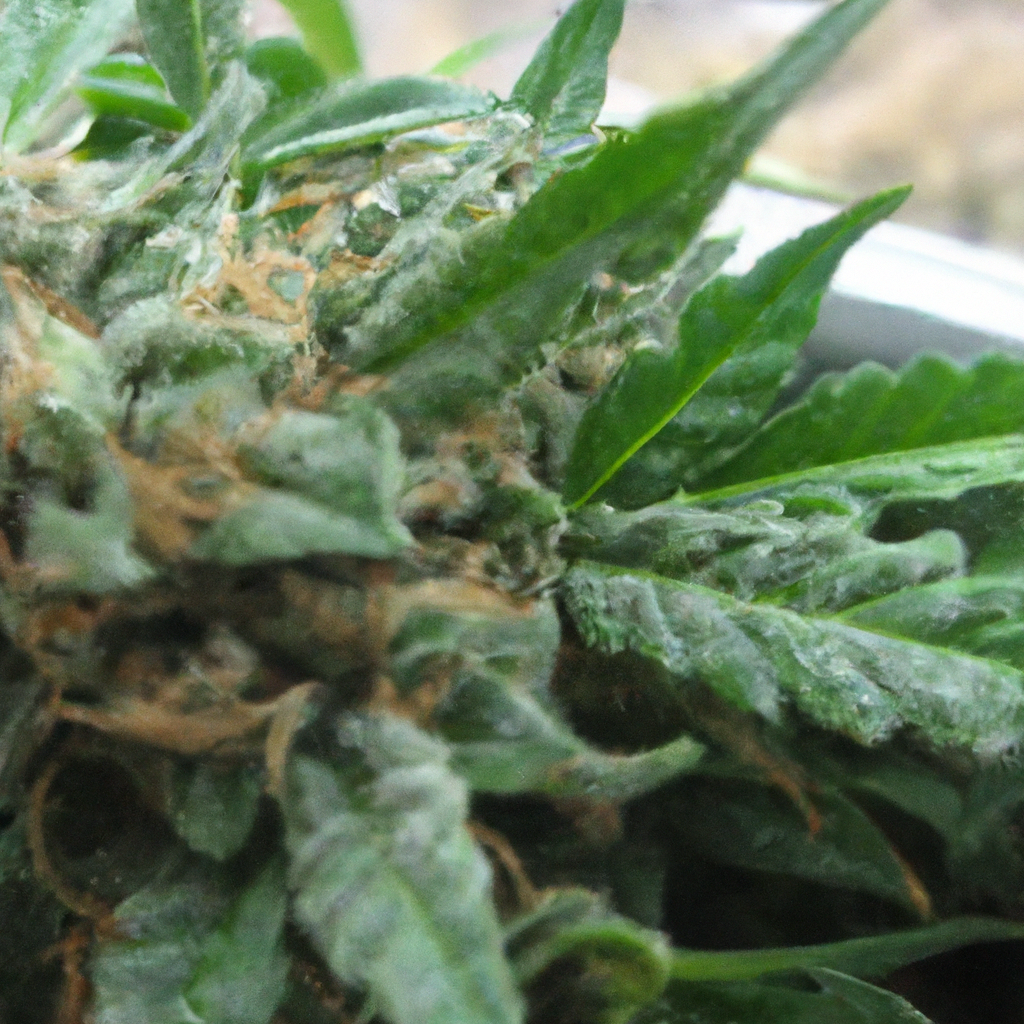
Organic cannabis cultivation is becoming increasingly popular for producing sustainable, high-quality products with minimal environmental impact. This article highlights best practices, including building healthy soil ecosystems using composting and mycorrhizal fungi, avoiding synthetic chemicals by opting for natural fertilizers and pest control methods, and promoting sustainability through water conservation and energy efficiency. Embracing these methods…
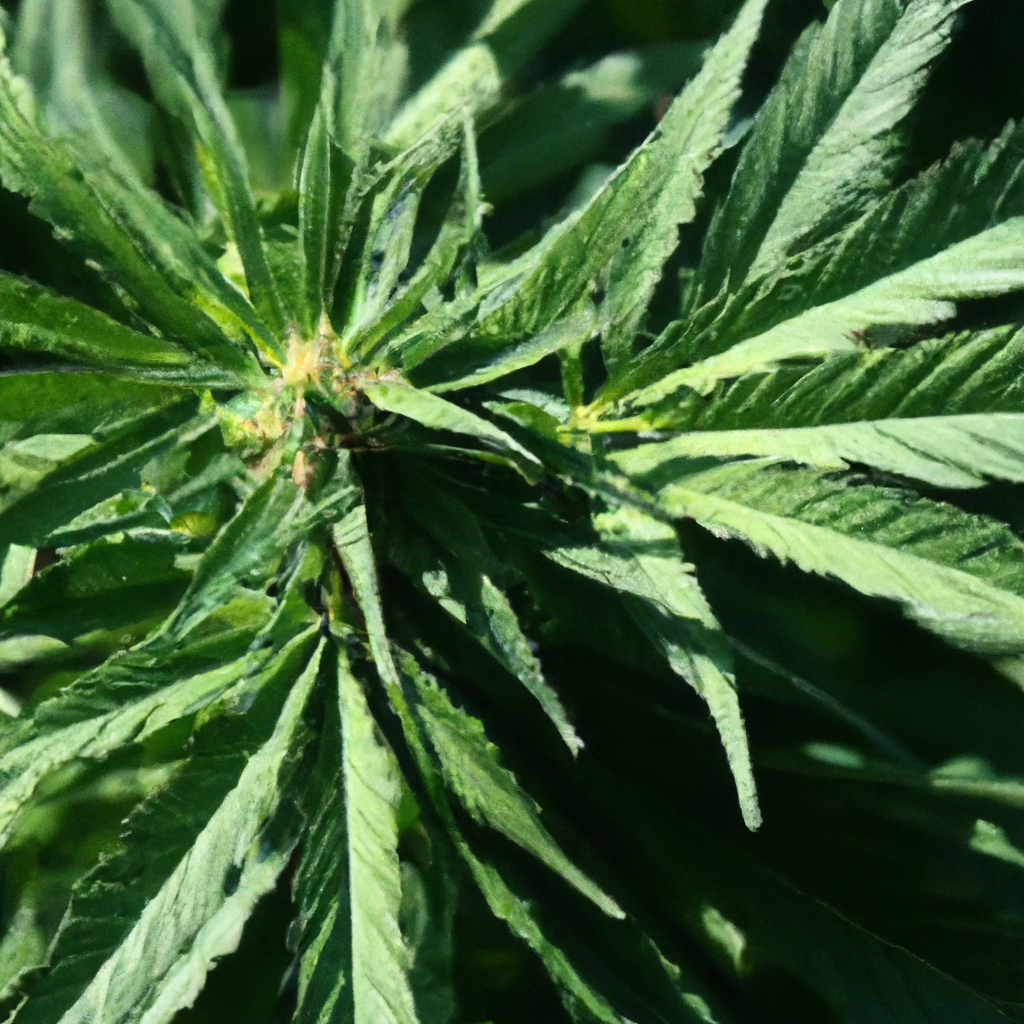
In the era of eco-consciousness, organic cannabis cultivation is more than just a trend—it’s a sustainable promise to the earth and consumers. Embracing organic methods leads to healthier plants, richer soil, and a cleaner environment. This guide covers best practices for cultivating cannabis organically, including using natural fertilizers like compost tea and worm castings, building…
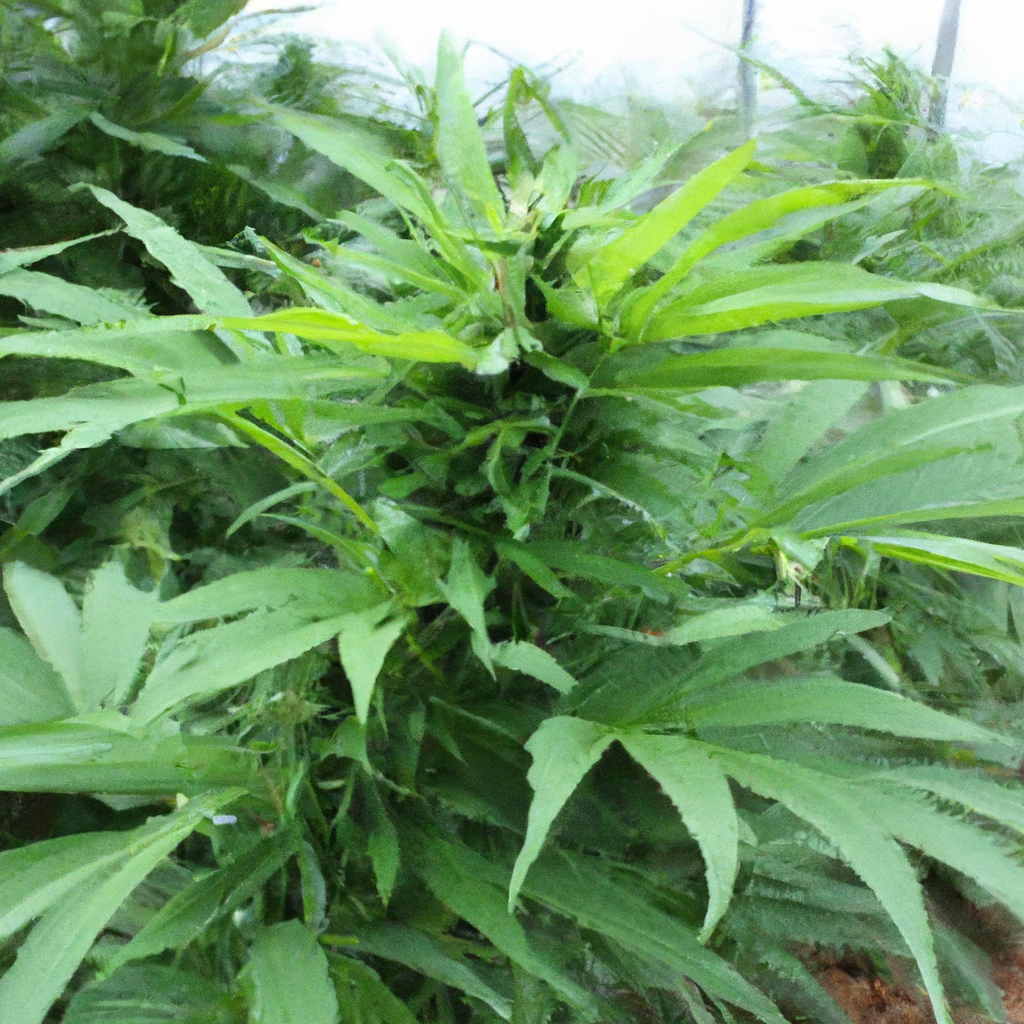
This blog post explores the art and science of organic cannabis cultivation, emphasizing sustainable practices that enhance both environmental health and product quality. Key topics include building healthy soil ecosystems using compost and worm castings, utilizing natural fertilizers like fish emulsion and bone meal, and implementing eco-friendly pest management through companion planting and beneficial insects.…
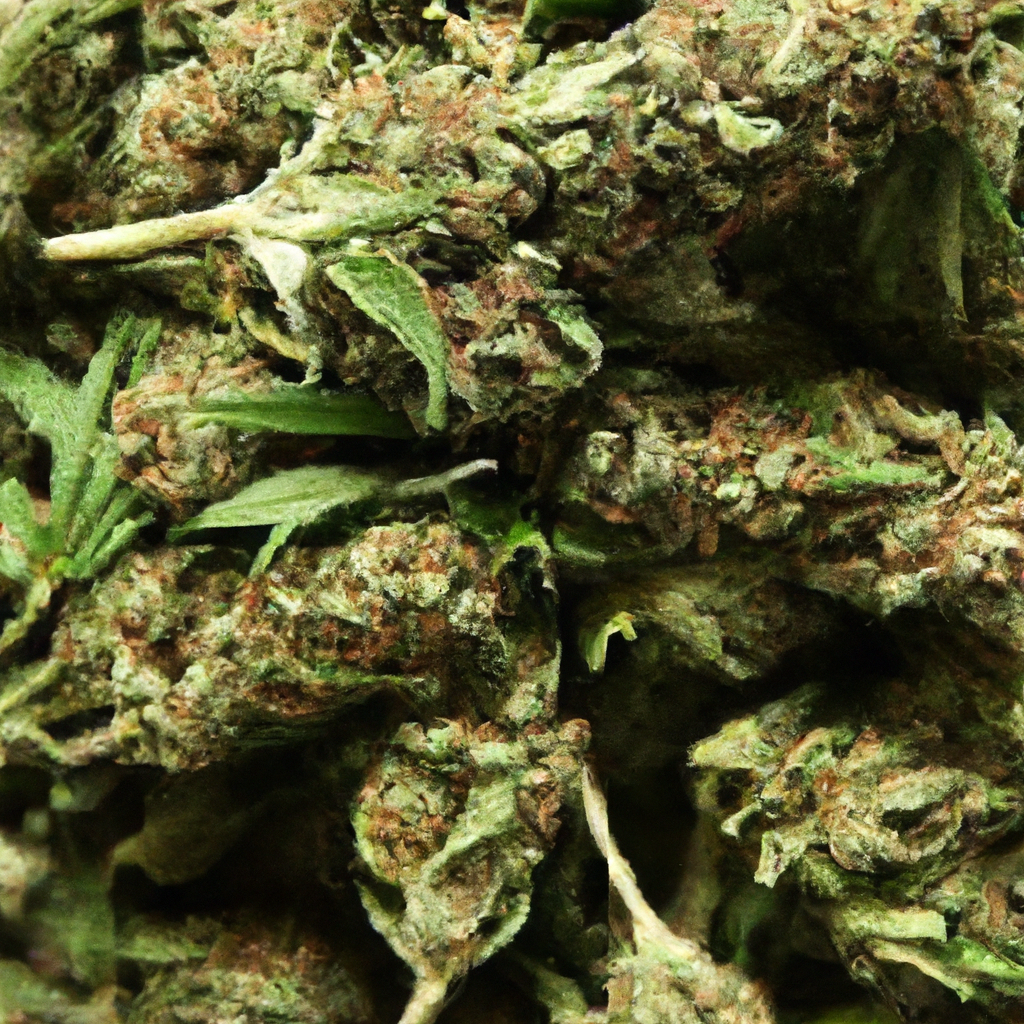
As cannabis popularity surges, cultivators increasingly adopt organic methods to meet consumer demands and environmental goals. Organic cultivation reduces carbon footprints and promotes biodiversity, leading to a purer product free from synthetic chemicals. Essential practices include building healthy soil through composting, mulching, and crop rotation; using natural fertilizers like fish emulsion and bone meal; and…
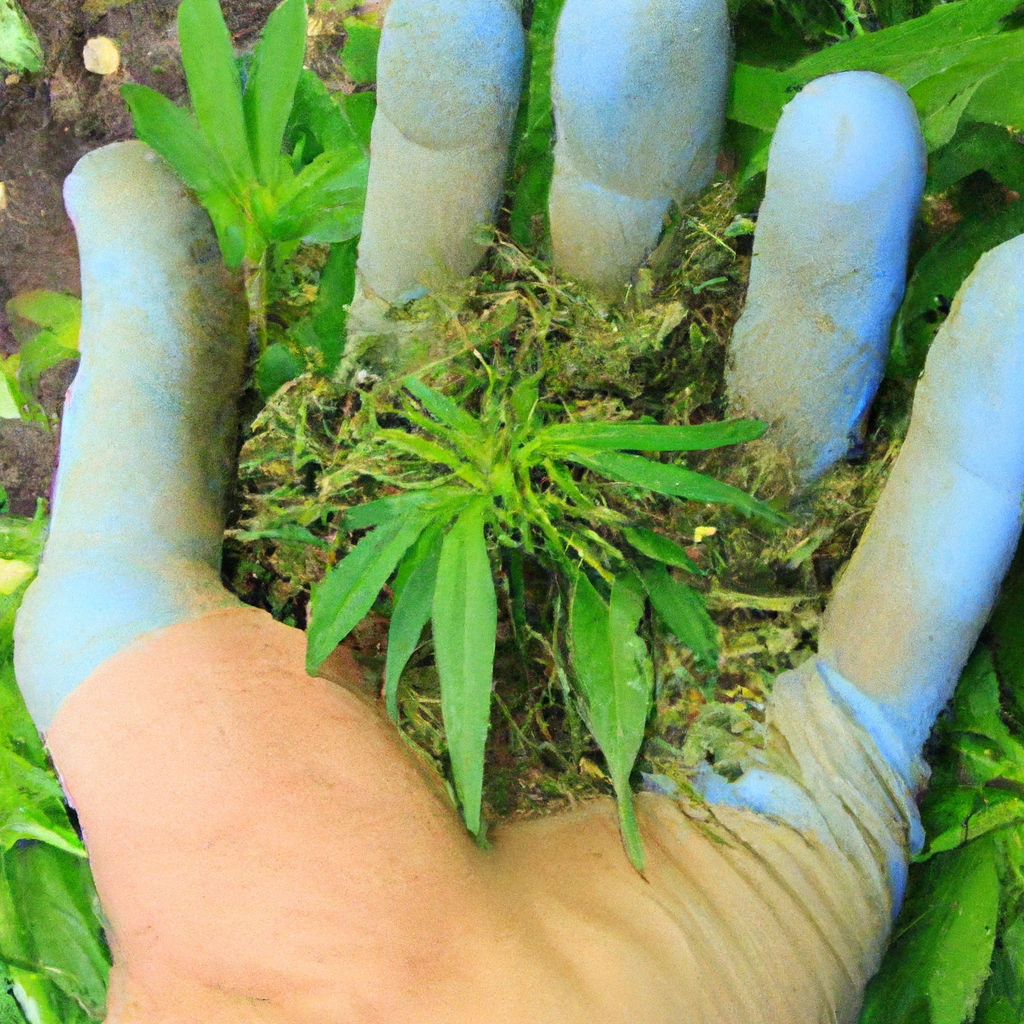
Organic cannabis cultivation emphasizes eco-friendly practices that prioritize sustainability. By using natural fertilizers like compost, worm castings, and guano, and maintaining a healthy soil ecosystem with the help of cover crops and beneficial microbes, growers can nurture robust cannabis plants. Natural pest control methods such as neem oil and companion planting further enhance the organic…
